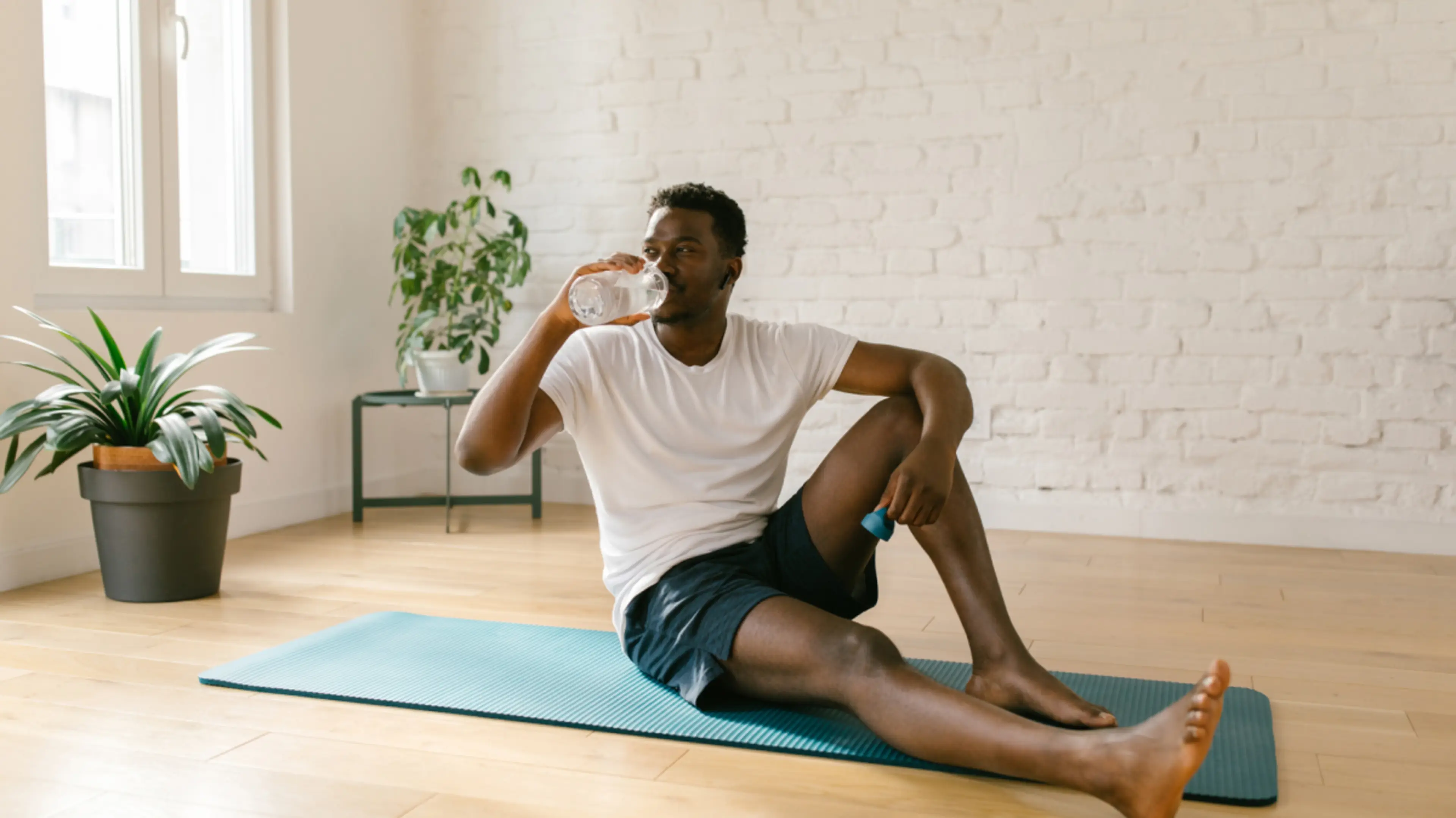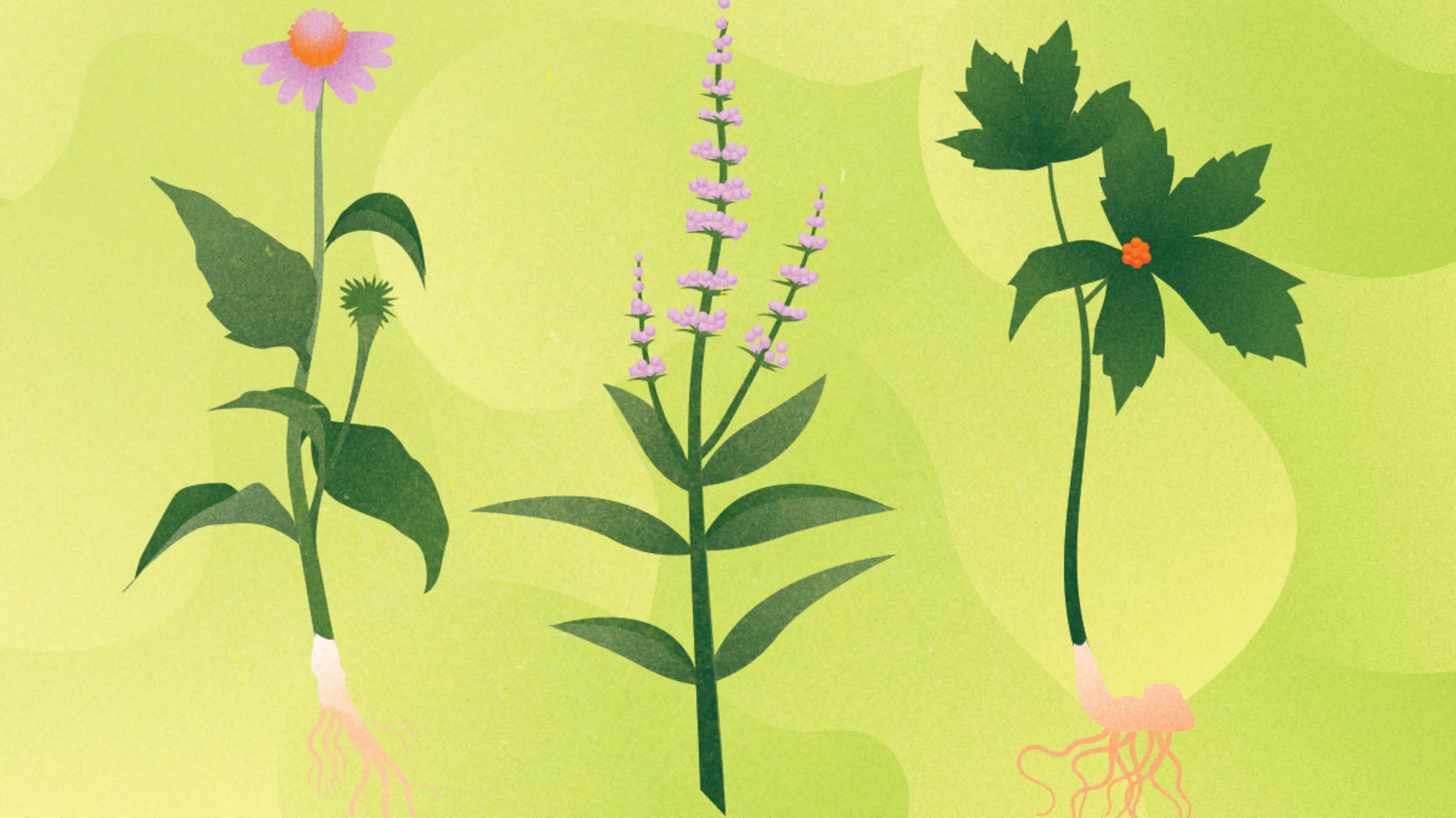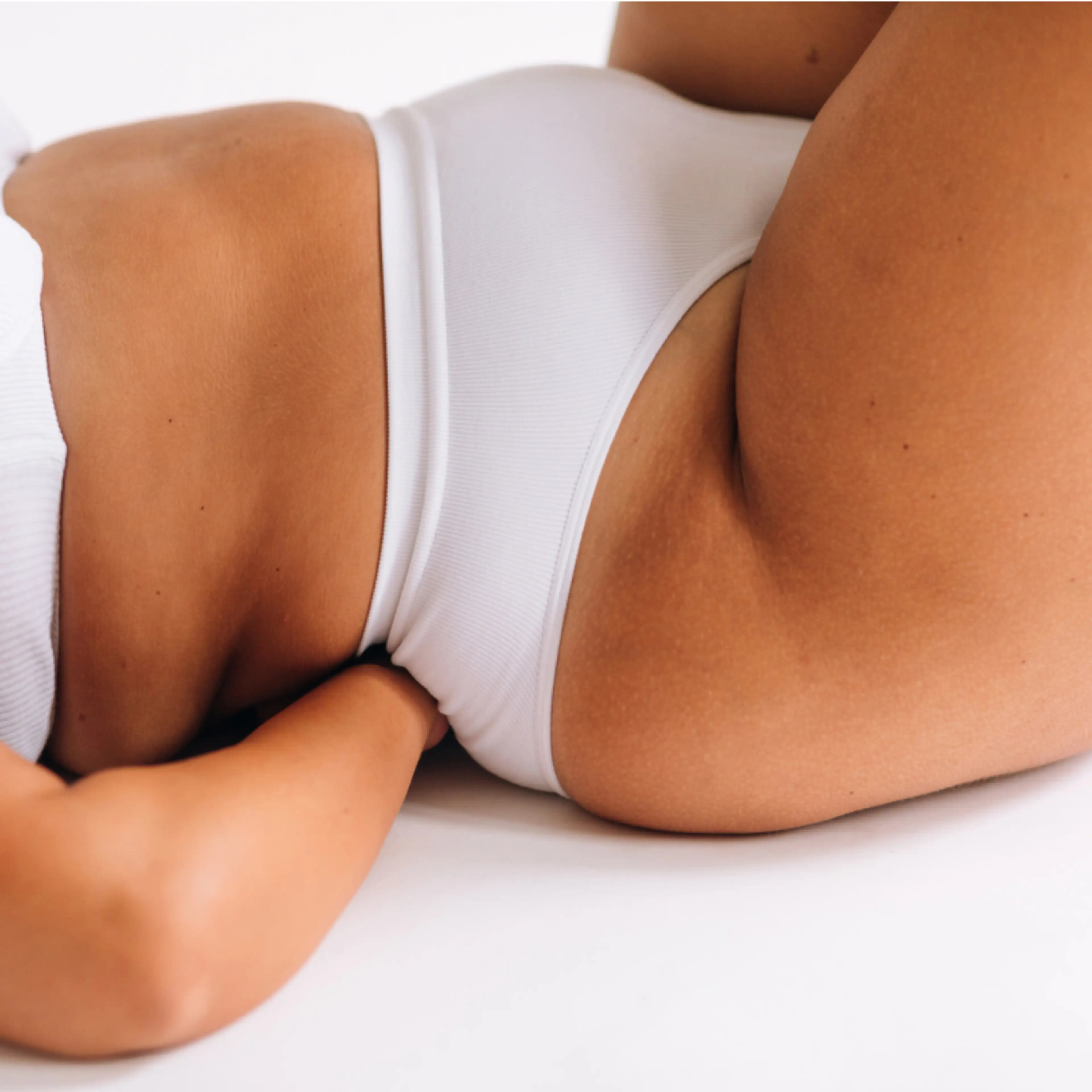When you’re trying to make a baby, it takes two to tango—and we mean that both literally and figuratively. The male half of the equation—sperm!—is just as important as the female half when it comes to the actual process of fertilization and conception. The healthier your partner is, the healthier his swimmers will be. The good news is there’s plenty any man can do to improve sperm health simply and sustainably.
Even better news? According to Dr. Craig Niederberger, MD, head of urology at the University of Illinois Hospital and former co-editor-in-chief of the journal Fertility and Sterility, it takes a relatively short time for new lifestyle changes to affect sperm: about two months (this is an updated timeline from the experts’ original estimate, which was about three months).
So, if you’re thinking about conceiving, give yourself a few months to improve your health overall, which will then improve your sperm health. If you have chronic health conditions or want to make significant changes (like losing weight), it may make sense to plan for a longer period of change before you start actively trying with your partner.
While tweaking your lifestyle takes time and effort, there’s significant evidence1 that doing so can make a big difference in the overall conception process—a win for both you and your partner.
Here’s the lowdown on what you can do in your day-to-day life to increase the chance of having healthy, active sperm.
Focus on Healthy Foods
Diet can make a big difference in sperm quality, says both Dr. Niederberger and Lauren Manaker, a registered dietitian specializing in fertility and author of Fueling Male Fertility. Specifically, eating a Mediterranean diet can improve both sperm quality and count, according to a 2020 randomized controlled trial2 . Eating foods that are high in antioxidants, like berries and beans, may also contribute to overall sperm health. Manaker suggests one antioxidant to eat on the regular is lycopene, which can be found in pink or red foods like watermelon, tomatoes, or strawberries.
What about supplements? Dr. Niederberger says in most cases you don’t really need them, although they can be useful for people who don’t eat a varied diet: “If you are a pizza-every-night kind of guy, then yeah, go ahead and take a good multivitamin.” There is some evidence that taking the antioxidant CoQ103 and the amino acid l-carnitine4 can make a positive impact, he adds, but it’s not a blanket recommendation for people who are otherwise healthy and don’t have any indications that they are infertile.
Lose Weight and Move Your Body Regularly
Across the board, research is pretty clear that losing weight will improve all aspects of sperm production including sperm count5 and sperm volume6 . This is because “overall, obesity is bad for sperm through problems with the endocrine system,“ explains Dr. Niederberger, with the caveat that “science is still trying to figure out exactly how and why body weight affects sperm production.” You don’t have to do anything dramatic, he advises, but slow and gentle weight loss with a combination of healthy eating and exercise is a smart move if you want to become a father.
Exercise is beneficial for basically all aspects of health and—yes—that includes sperm production. Research continues to show the benefits of movement on sperm, including suggesting that physical activity indicates better sperm quality7 and that men who lift heavy objects8 have higher levels of testosterone and sperm counts.
Again, you don’t have to start an intense exercise regimen to have healthy sperm. Incorporating strength training and cardio a few times a week is likely enough to keep your sperm in good condition.
Try to Avoid Environmental Toxins
Just like for women, exposure to toxins in the environment can hurt the male reproductive system9 —aka, male fertility. This includes the ingredients in personal care products (like phthalates and parabens) and everyday objects (like BPA), air pollution, pesticides, and more.
Do what you can to avoid environmental exposures. Try eating organic to avoid pesticides or choosing “green” body/hygiene products. (The Environmental Working Group has useful resources, like an app that can help you figure out which products may have fewer chemicals.) It’s impossible to keep these kinds of substances out of your life entirely, so go easy on yourself as you start to incorporate changes.
Niederberger recommends starting by reading the ingredients on products you buy and suggests avoiding BPA in water bottles, receipts, and other food containers.
Cut Back on Alcohol and Smoking
It’s been known for decades that using nicotine in any form (smoking, vaping, chewing, etc) is detrimental to sperm, including production, motility, and sperm counts. Ceasing all types of nicotine use is important to make sure the sperm in your semen is as healthy as it can be.
If you’re a cannabis user, the research on the effects of THC10 and other types of cannabis on sperm does show negative effects and Dr. Niederberger says he advises his patients to avoid exposure to THC whenever possible. Still, if using cannabis (where legal, of course!) is something that makes a big difference in your mental health, it can be ok to continue mild to moderate use, he says. This is because stable mental health is important in the fertility journey as a whole—in other words, feeling good will get you making good sperm!
As for alcohol, don’t panic—you can still enjoy that IPA with dinner. Dr. Niederberger explains that mild to moderate use of alcohol, including social drinking, should be fine during the pre-conception period: “I don’t recommend people go cold turkey.” Manaker concurs: “While it is not a bad idea to go booze-free, it appears that an occasional drink once in a while won't have a profound impact on sperm health.”
Heavy use (defined as five or more drinks a day or fifteen in a week), though, is not-so-great for your reproductive system. This is mostly due to oxidative stress11 . One 2014 Danish study12 found an association between increasing alcohol use and decreasing sperm quality. If you hit the bar hard on weekends or like to relax with multiple drinks after work, think about cutting back to improve your health and your sperm, says Niederberger.
Improve Mental Health and Lower Stress
There’s solid data on the interaction between mental health and sperm. Depression and anxiety in male patients were correlated with decreased semen volume and sperm density in one 2017 study13 , for example, and other research indicates that stress can also negatively affect sperm quality14 . To put it bluntly, says Dr.Niederberger, “Men with depression have worse sperm.”
Improving your mental health before you want to conceive can be a powerful way to not only live more happily, but also produce high-quality sperm. Small changes, like getting involved in your community, spending more time doing things you love, or starting therapy can all play a role in improving your overall mental health.
And yes, it’s okay to be on psych meds like antidepressants when you’re TTC, says Niederberger. While there is some research15 that indicates the class of drugs called SSRIs can impact sperm negatively, he says the majority of medications that affect your mental health will be fine when you’re TTC. After all, “If you are in a place where you need medication, you need it for your overall health.”
Things You Don’t Have to Change
You’ve likely heard a few myths about everyday actions that can affect sperm production, like crossing your legs, cycling, and soaking in hot tubs. Dr. Niederberger says most of them don’t actually matter in the long run.
Many of the myths focus on activities that raise the temperature of the testes (higher body temperature has been shown16 to affect spermatogenesis, or the development of sperm). But things like crossing your legs, wearing tight underwear, and keeping your laptop on your lap—especially if you don’t do them every day—shouldn’t be a big issue. Niederberger does recommend against regular hot tub or jacuzzi use before and during the pre-conception period, so keep any baths on the cooler side if you can.
As for cycling, the effects of riding a bike on the male body have more to do with erectile dysfunction than sperm counts, he explains (although of course, you do want to be able to get an erection if you’re having baby-making sex). He suggests that standing up on the bike periodically should be more than enough to avoid any effects on the penis and testes.
The Takeaway: Better Health = Better Sperm
There’s no need for a big lifestyle overhaul as you approach parenthood. As a man, preparing for conception is simply about improving your overall health and lifestyle. Niederberger stresses: “What is good for overall health is good for sperm, what is bad for overall health is bad for sperm.”
Simple steps, like adding antioxidants to your diet and increasing exercise, can send your body the message to make happier, healthier sperm. Chances are, you'll be happier and healthier with these changes, too.












